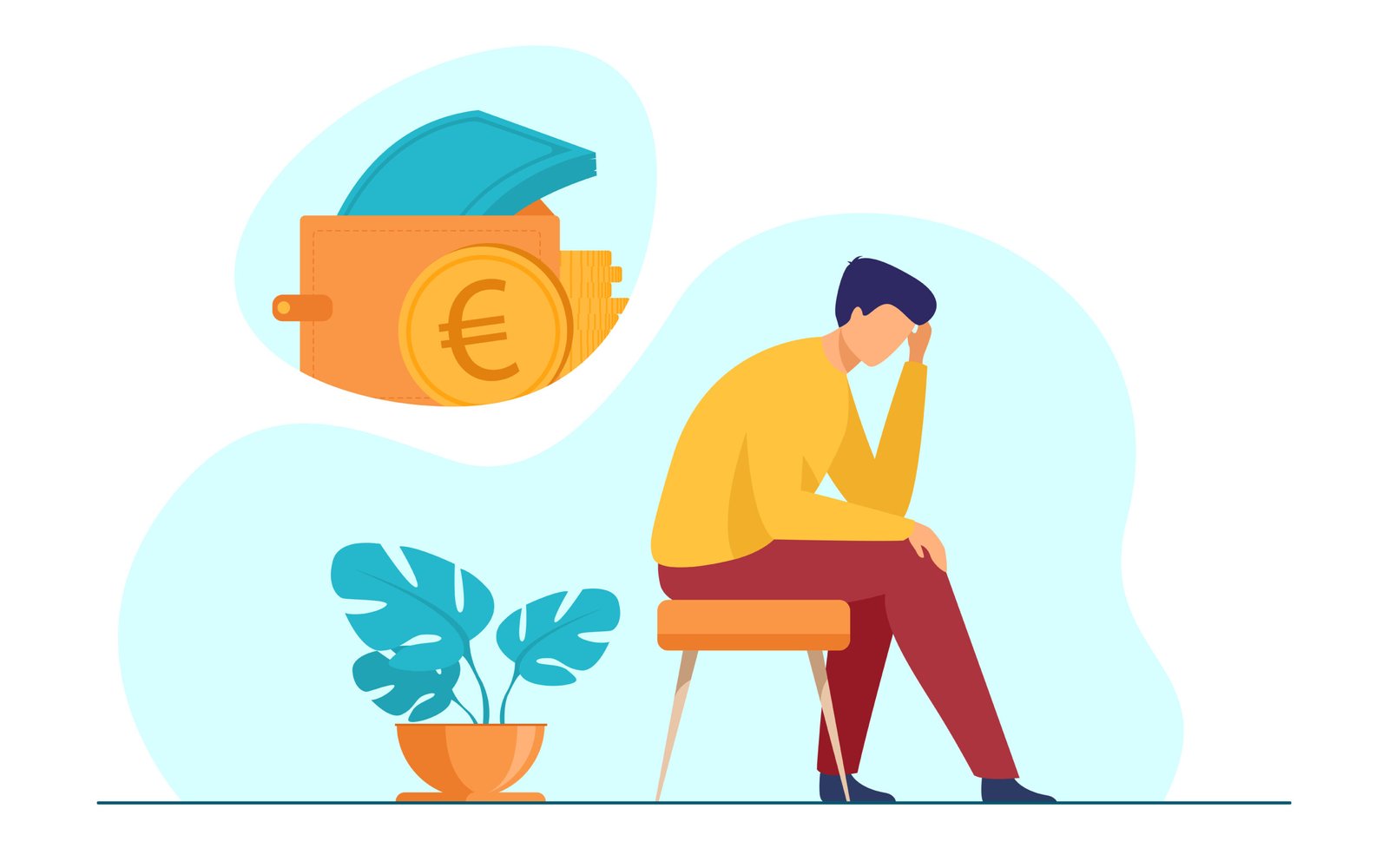

understanding inflation
INTRODUCTION
Inflation is one of the most discussed economic phenomena, and for good reason—it affects nearly every aspect of financial life. At its essence, inflation refers to the rise in the general level of prices for goods and services over time, which reduces the purchasing power of money. For example, what €100 could buy a year ago may cost €105 today, depending on the inflation rate. This gradual erosion of money’s value can significantly impact day-to-day expenses, long-term savings, and investment strategies.
To navigate inflation effectively, it’s essential to understand its causes, how it impacts various financial elements, and the steps you can take to safeguard your finances during inflationary periods.
What Causes Inflation?
Inflation doesn’t occur randomly—it stems from various economic factors that influence supply, demand, and production costs.
Demand-Pull Inflation
This type of inflation happens when consumer demand outpaces the supply of goods and services. For instance, if a sudden surge in car demand exceeds what manufacturers can produce, prices are likely to rise. Similarly, when people have more disposable income or access to credit, their spending can push prices higher across many sectors.
Cost-Push Inflation
Inflation can also arise from increases in the cost of production. When companies face higher expenses for raw materials, labour, or energy, they often pass these costs onto consumers in the form of higher prices. For example, a rise in oil prices can lead to more expensive transportation and shipping, ultimately driving up the cost of goods in stores.
Inflation Expectations
Expectations play a critical role in perpetuating inflation. When businesses and workers anticipate rising prices, they adjust wages and pricing strategies accordingly. For instance, a company expecting higher raw material costs might preemptively raise its product prices, fueling the inflation cycle even further.
Inflation is typically measured using metrics like the Consumer Price Index (CPI), which tracks changes in the prices of a basket of goods and services over time. When the CPI rises, it signals inflationary trends, often reflected in higher costs for essentials like food, housing, and transportation.
The Ripple Effects of Inflation
Inflation touches nearly every aspect of your financial life, often in ways that are both immediate and long-term.
Day-to-Day Expenses
The most noticeable effect of inflation is on the cost of living. As prices rise, your paycheck doesn’t stretch as far, making it harder to cover basic expenses. Essentials such as groceries, petrol, and housing are often the first areas where consumers feel the pinch. For example, a litre of milk that cost €1.15 last year might now cost €1.35—a seemingly small increase that adds up over time.
Inflation can force families to make tough choices, such as cutting back on discretionary spending (like dining out or holidays) or finding ways to save on essentials. Budgeting becomes even more critical during periods of high inflation, as it ensures you prioritise necessities while avoiding unnecessary debt.
Savings and Long-Term Financial Goals
One of the less obvious but equally significant effects of inflation is on savings. Money sitting in a traditional savings account earns little to no interest, meaning its real value decreases over time when inflation is factored in. For example, if inflation is 3% annually, your €10,000 savings will have the purchasing power of only about €9,700 a year later.
For those saving for long-term goals, such as buying a home or retiring, inflation makes it vital to choose investments that grow faster than the inflation rate.
- Stocks: Historically, equities have outpaced inflation, making them a cornerstone for long-term growth.
- Property: Property values often increase alongside inflation, providing a tangible hedge against rising prices.
- Inflation Linked Bonds: These securities are designed to protect investors from the eroding effects of inflation, similar to Treasury Inflation-Protected Securities (TIPS) in the United States.
Debt and Inflation
Interestingly, inflation doesn’t impact debt in the same way it affects savings. For individuals with fixed-rate loans, such as mortgages, inflation can actually be advantageous. As prices and incomes rise, the real value of fixed debt payments decreases, making them more manageable over time.
However, inflation can be challenging for those with variable-rate debts, like certain credit cards or adjustable-rate loans. Lenders often raise interest rates during inflationary periods, which can increase the cost of borrowing.
How to Safeguard Your Finances During Inflation
Adapting your financial strategies during inflationary periods is essential for maintaining stability and protecting your wealth.
Invest Wisely
Investing in inflation-resistant assets can help mitigate the impact of rising prices. Diversifying your portfolio with a mix of stocks, property, and commodities like gold is a proven way to preserve wealth. Additionally, consider adding inflation-protected bonds to your investment strategy to ensure some stability during volatile periods.
Monitor Spending
Adjust your budget to focus on essentials and cut back on discretionary expenses. Tracking spending habits and identifying areas where you can save will give you greater control over your finances during inflationary times.
Strengthen Emergency Funds
An emergency fund becomes even more critical during periods of high inflation. Rising costs can strain household budgets, making it essential to have a financial cushion for unexpected expenses. Aim to save at least three to six months’ worth of living expenses in an accessible account.
Stay Informed
Keeping up with inflation trends and understanding how they impact your personal finances can help you make proactive decisions. For instance, if inflation rates are rising, it might be wise to refinance variable-rate debts into fixed-rate options to avoid higher interest payments.
Central banks, such as the European Central Bank, also play a crucial role in managing inflation. By adjusting interest rates, they influence borrowing and spending habits to stabilize prices. When inflation is too high, central banks may raise interest rates to cool economic activity. Conversely, when inflation is too low, they may lower rates to encourage growth.
Conclusion
Inflation is an inevitable part of economic life, but it doesn’t have to derail your financial goals. By understanding its causes and impacts, you can take practical steps to protect your purchasing power and maintain financial security. Whether it’s through diversifying investments, cutting back on expenses, or staying informed, preparation is key to thriving during inflationary periods.
article faqs
Inflation is the increase in prices for goods and services over time, which reduces the purchasing power of money. It matters because it affects your daily expenses, savings, and overall financial health.
Inflation is commonly measured using the Consumer Price Index (CPI), which tracks the price changes of a basket of goods and services over time.
Inflation erodes the value of savings over time. If your money doesn’t grow faster than the inflation rate, its purchasing power decreases, making it essential to invest wisely.
Stocks, property, commodities like gold, and inflation-protected securities such as TIPS are commonly used to combat the effects of inflation.
Central banks manage inflation by adjusting interest rates. Higher rates slow borrowing and spending, cooling inflation, while lower rates encourage economic activity when inflation is too low.
By preparing and adjusting your financial strategies, you can stay ahead of inflation and protect your wealth effectively.
Social Networks
THE LOADING CIRCLE
It all starts with a conversation

© 2024 THE LOADING CIRCLE | ALL RIGHTS RESERVED | CREDITS








